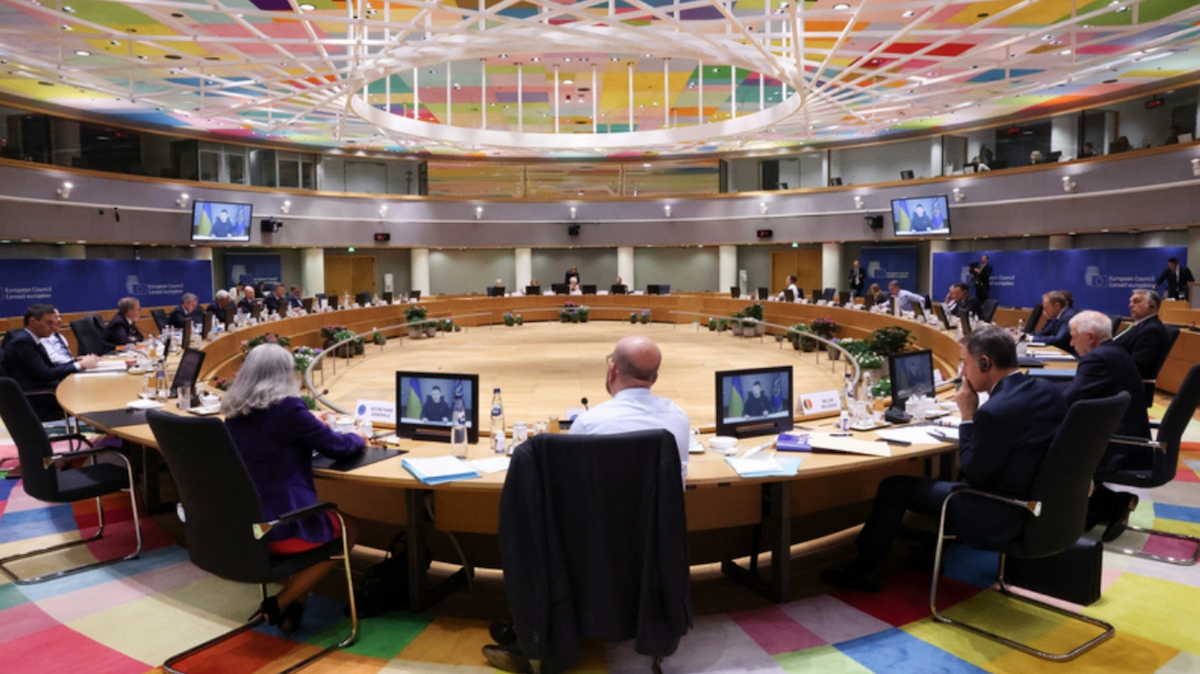
European council decision on Georgia
The European Council has released a decision expressing concern over recent developments in Georgia.
What does the document state?
- “The European Council expresses its serious concern regarding recent developments in Georgia. In particular, the law adopted on transparency of foreign influence represents backsliding on the steps set out in the Commission’s recommendation for candidate status.
- The European Council calls on Georgia’s authorities to clarify their intentions by reversing the current course of action which jeopardises Georgia’s EU path, de facto leading to a halt of the accession process.
- The European Council calls for an end to the increasing acts of intimidation, threats and physical assaults against civil society representatives, political leaders, civil activists and journalists in Georgia. It recalls that respect for the values and principles upon which the European Union is founded is essential for any country aspiring to become a member.
- The European Council calls on Georgian authorities to ensure that the parliamentary elections this autumn are free and fair and encourages substantial long-term and short-term election observation by partners. It will continue to closely monitor the situation.
- The European Council reaffirms its unwavering support for the territorial integrity of Georgia. It reiterates its steadfast solidarity with the Georgian people and its readiness to continue supporting Georgians on their path towards a European future”.
- “Georgian leaders block reforms needed for European integration,” says US assistant secretary of state
- “We hope that Georgia will return to the path towards the European Union.” – Future NATO Secretary General
- “The Georgian government should recommit to the EU path” – stated the EU representation
Notably, the European Council’s conclusion does not mention any countermeasures in response to the regression of democracy in Georgia. However, on June 24, during a press conference of foreign ministers held in Brussels, the EU High Representative for Security, Josep Borrell, stated that, according to most EU foreign ministers, the Georgian government’s actions are distancing the country from the European Union. If the government does not change this policy, Georgia’s path to the EU will not be realized.
According to Borrell, due to the adoption of the law, political contacts with the Georgian authorities will be reduced, governmental support will be frozen, and lines of European credit financing will be reviewed.
Borrell emphasized once again that the adoption of the “Russian law”—instead of bringing Georgia closer to the European Union—is pushing it even further away.
European council decision on Georgia
